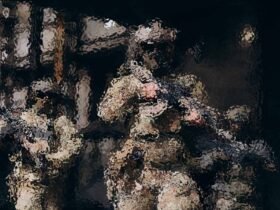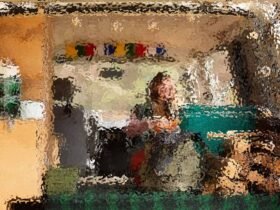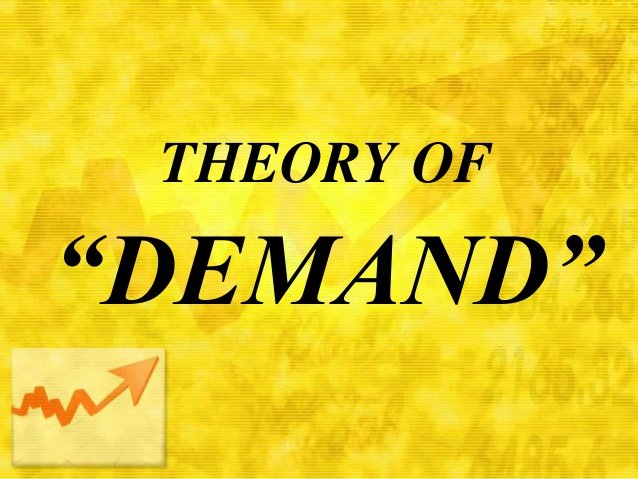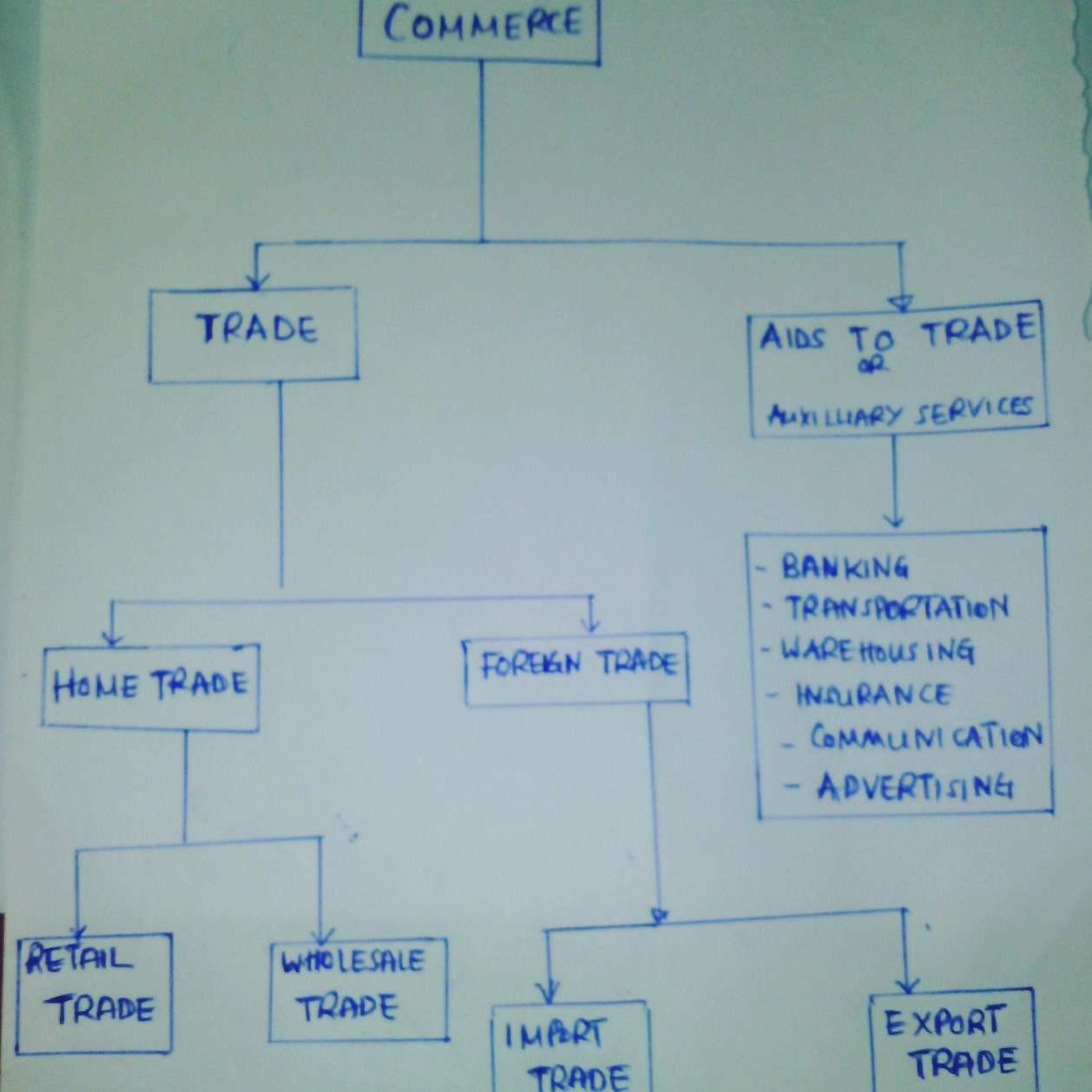The Scope of Commerce
The Nature and the Subject Matter of Commerce
Explain the nature and the subject matter of commerce
THE MEANING OF COMMERCE
- The study of trade, which is the main activities in the distribution of goods and services
- The study of auxiliary services(aids to trade) that make trade possible
- The study of how trade and aids to trade could be organized so as to satisfy the needs of a consumer in the most efficient way.
- Trade
- Aids to trade
- export trade
- import trade
a) Communication: is the transmission of information from one point or person to another point or person. People can exchange information among each other either orally or using telephone,internet,radio and television.
b) Transportation: This refers to the movement of physical goods and people from one place to another. Moving of goods from one place to another can be through land using motor vehicles, over water using marines or air using planes.
c) Warehousing: Refers to the storing of goods so that they are made available when and where they are required. Goods which can be stored include crops, and perishable foods like fish, meat and fruits.
d) Insurance: a system of pooling risk together by contributing small sums of money to a common pool which in the long run, compensate the people or a person who suffers from actual loss. Examples of risks or losses are theft, robbery, fire, floods and accidents.
e) Banking: Helps to finance trade. It also provides a safe place to keep money, and provides means of payments and lending money in a form of loan to businesses.
f) Advertising: Is a process of letting consumers know about what goods and services are available in the market. Advertising of goods and services to public can be done through newspapers, magazines, radio, televisions, banners and cinema.
Importance of Commerce in Everyday Life
It helps in the development of a country’s economy. Trade and aids to trade enable the goods produced to reach the final consumers, and the fore increase the production and the national income.
Commerce enables the producers to get enough information about the availability of goods and services in the market availabilty of inputs leads to increase in production and information about availability of goods stimulates consumption, and therefore induces more production.
The knowledge of commerce enables learners to understand other fields of knowledge like economics. The knowledge of commerce also, enables economists to get better understanding about the fields of studies in economics, such as international economics.
It enables businessmen and women to conduct trade. The knowledge of commerce enables businessmen and women to conduct trade by simply knowing the means of exchange and sources of supply.
It is necessary for satisfying human wants through trade and aids to trade. Trade and aids to trade involve changing the situation of a commodity from where it is produced to the place where it is needed for consumption. In this process, commerce creates utility.
Difference between Commerce and Economics
THE DEVELOPMENT OF COMMERCE IN TANZANIA.
Commerce plays a fundamental role in the satisfaction of human wants. In primitive societies, the producers themselves were the consumers.Hence; they were compelled to provide themselves with foods, shelter and clothes. Under such circumstances, the question of commercial transactions or exchange of goods and services did not arise. But slowly heir wants started to increase in size and in number.
They were no longer able to satisfy all their wants, so they began exchanging he commodities produced with those produced by others. This exchange of goods for goods was known as barter system of trade.
However, barter trade could not persist for a long period of time due to the following demerits:
Lack of Double Coincidence of Wants: Barter transactions can be possible only when two persons desiring exchange of commodities should have such commodities which are mutually needed by each other. For example, if Fatma wants cloth, which Tully has, then Fatma should have such commodity which Tully wants. In the absence of such coincidence of wants, there will be no exchange. However, it is very difficult to find such persons where there is coincidence of wants. One had to face such difficulties in barter economy because of which this system had to be abandoned.
Indivisibility of some commodities: The second difficulty of barter exchange relates to the exchange of such commodities which cannot be divided. For example, a person has a cow and he wants cloth, food grains and other items of consumption. Under such a condition, exchange can be possible only when he discovers a person, who is in need of a cow and has all such commodities, but it is very difficult to get such a person. Then how to affect the exchange. Similarly the second problem relates to the exchange of such commodities which cannot be divided into pieces, because in this kind of situation, a big commodity like cow cannot be divided into small pieces for making payment of the goods of smaller value.
Lack of a Common Measure of Value: The biggest problem in the barter exchange was the lack of common measure of value i.e., there was no such commodity in lieu of which all commodities could be bought and sold. In such a situation, while facilitating the exchange of a commodity its value was to be expressed in all commodities, such as one yard cloth is equal to ½ kilogram of potato etc. It was a very difficult proposition and made exchange virtually impossible. Now, with the discovery of money, this difficulty has been totally eliminated.
Lack of Store of Value: In a barter economy, the store of value could be done only in the form of commodities. However, we all know that commodities are perishable and they cannot be kept for a long time in the store. Because of this difficulty, the accumulation of capital or store of value was very difficult and without the accumulation of capital, economic progress could not be made. It is because of this reason that as long as barter system continued, significant progress was not made in the world anywhere.
MERITS OF BARTER SYSTEM
- The risk of theft is lower in barter system than the risk of using money. Almost all modern forms of money can easily be stolen and are more vulnerable to theft than commodities.
- The value of commodities tend to be stable over a long period of tme, unlike the value of money which depreciates in value after a certain period of time. Due to depreciation in value, money plays little role as a future store of value.
- Barter trade is very useful in non-monetary economies, where money is too scarce to be used as a medium of exchange. For example, in rural areas barter trade is widely applied due to scarcity of money.
BARTER SYSTEM IN MODERN TIMES
- Sometimes in the rural areas people exchange crops for crops or animals
- Countries can opt to exchange goods for goods when there is no foreign currency e.g. cotton for oil.
HOW MONEY SOLVE HAS SOLVED THE PROBLEMS OF BARTER SYSTEM
Common Measure of Value: Money has overcome the difficulty of common measure of value by acting as a standard of value. In a money economy the value of any commodity can easily be expressed in terms of money.
Store of Value: Money has removed the difficulty of store of value. Money is used to store the value (wealth) of goods and services. One can store one’s earning in terms of money without any difficulty.
Future Payments: Money has overcome the difficulty of future payments. Debts and future payments are stated in terms of money. There is no problem in receiving and making payments in future.
Sub Division: Money has solved the problem of sub-division of commodities as money is easily divisible. With the help of money one can exchange individual commodity of great value for a commodity of less value. Money has made it possible to buy goods of both high and low value.
Transfer of Value: Money has made easy the transfer of wealth from one place to another place. A person can sell his immovable and movable property or things at one place and transfer his wealth to another place in terms of money.
Exercise 1
- What is the usefulness of studying commerce?
- Mention and explain any two economic activities which are non commercial.



















do you have this on instagram?